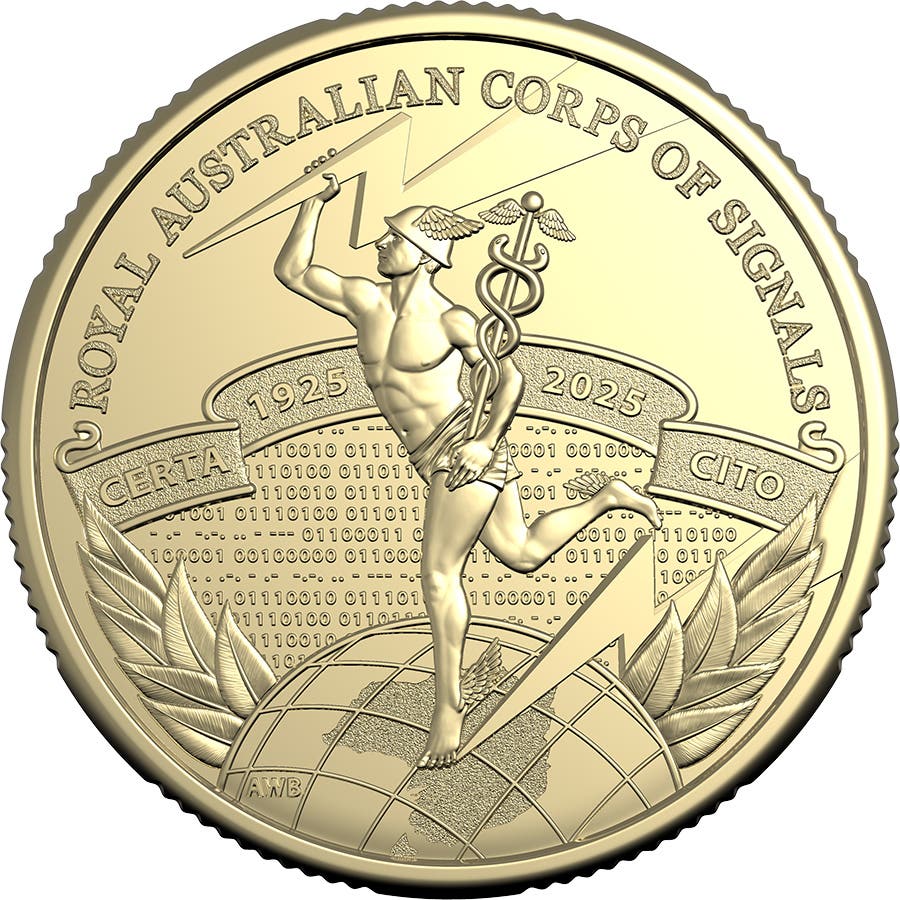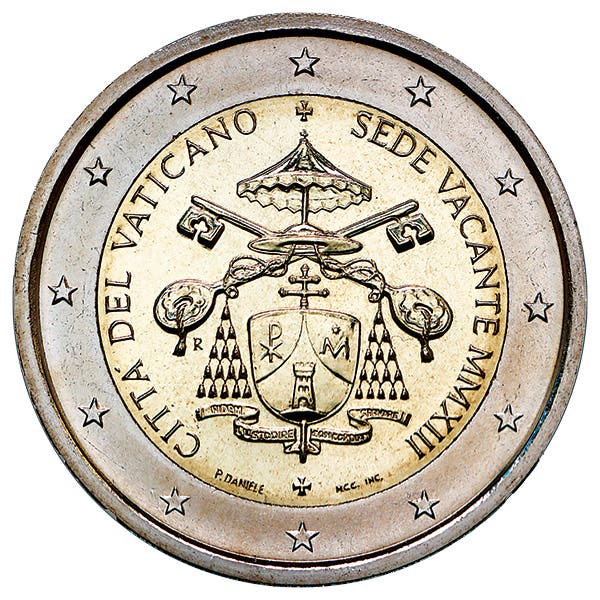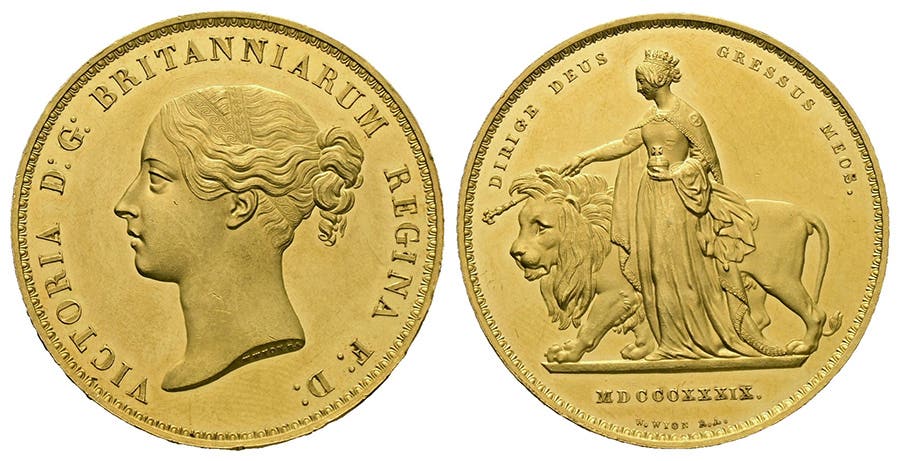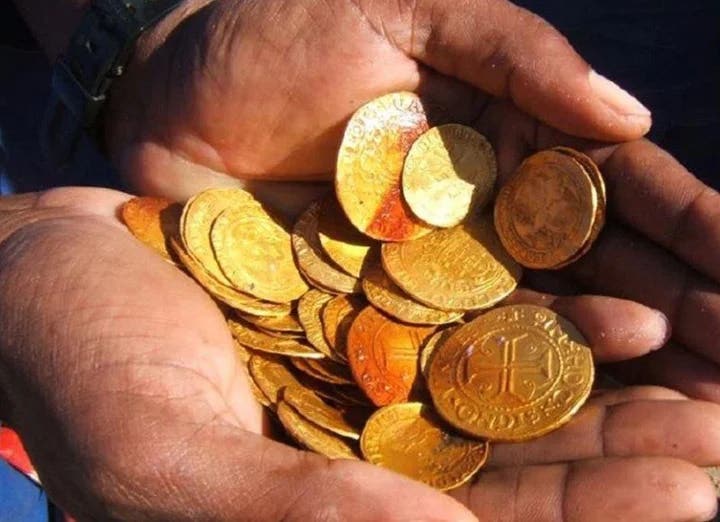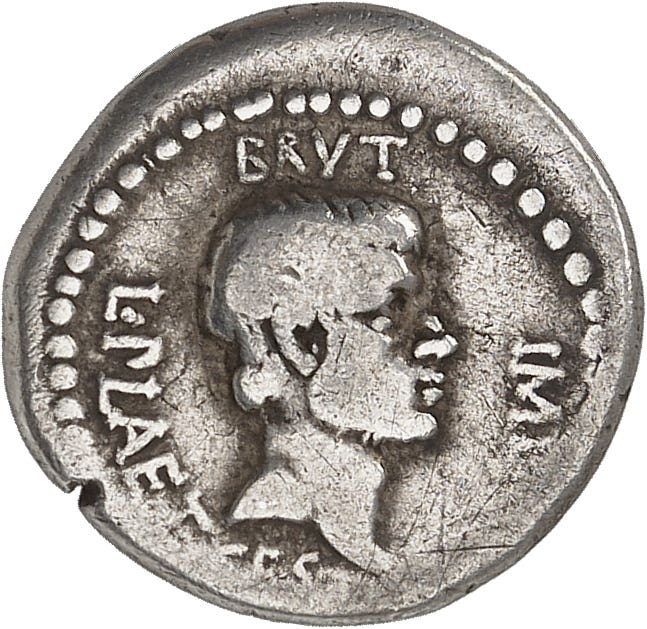Slovakia Proposes Dropping Low Value Euro Coins
Individual coins might be lightweight, but so is the purchasing power of many lower denomination coins. It appears Slovakia may be the next European Union monetary union participant to drop…
Individual coins might be lightweight, but so is the purchasing power of many lower denomination coins. It appears Slovakia may be the next European Union monetary union participant to drop the two lowest denomination euro coins due to their lack of functionality.
The Slovakian cabinet issued a draft revision to the law on prices in July. Should the Slovakian Parliament pass this revision, the new pricing rules would become effective Jan. 1, 2022.
According to findings in a May Eurobarometer survey, greater than five out of six Slovaks surveyed are in favor of scrapping the usage of 1- and 2-euro cent coins. This is a higher number of people favoring dumping the two lowly denominations than wanted to drop them in Belgium, Finland, Ireland, and the Netherlands. Each of these four European Union monetary union nations has already dropped the two coins while introducing price rounding for that reason.
Should Slovakia adopt rounding, that rounding would only apply to the final total sum of a purchase, and only when that purchase is made using cash. No rounding would take place if the same purchase is made using a bank card or meal voucher.
Rounding as proposed by the Slovakia Finance Ministry rounds to five cents for payments that end in up to five cents. The final sum would be rounded either to zero or five, using a mathematical method of rounding “that is neutral, fair to both parties, i.e. the merchant and the buyer,” according to the July 13 The Slovak Spectator newspaper.
Narodna banka Slovenska (National Bank of Slovenia) experts are assuming this rounding would likely cost an average family one cent monthly. The central bank has also indicated the bank does not anticipate price increases or higher inflation should the rounding be implemented.
An NBS spokesman said, “Rounding up the payments would end the production of a high amount of coins of small denominations and this would simultaneously contribute to a greener Slovakia. This is because small coins often end as waste, do not return to circulation and are thus a removable ecological burden.”
The bank is also examining a potential reduction in the costs of coin production to traders and banks when handling coins. A reduction in the use of small denomination coins would reduce packaging and transportation costs for banks. Slovakian banks charge a fee to retailers when dealing with coins. Slovakia’s largest bank, Slovenska Sporitelna recently increased its coin sorting fees from €5 to €7 per one to 500 coins.
NBS spokespersons Brian Fabo, Eva Stulrajterova, and Martin Suster have a blog in which they stated, “Their production and distribution is more expensive than their nominal value.”
An independent NBS blog posted, “When 10- and 20-haller coins were scrapped in Slovakia back in 2003 this had no impact on prices.”
Institution of Economic and Social Studies think tank analyst Martin Vlachynsky said, “On the other hand, we at INESS are always careful when it comes to some cash restrictions; cash is a kind of financial freedom,” adding, “But I think that in this case it is more of a simple practical measure.”
Even if Slovakia were to eliminate the 1- and 2-euro cent coins for physical transaction purposes the coins would continue to be legal tender. Only the European Commission can demonetize the denominations. The EC has been considering withdrawing the two coin denominations since 2018 when a study indicated there is no majority in any EU member country that is in favor of keeping either coin.
For now should someone in Slovakia pay using these coins after Jan. 1, 2022 the store would no longer be able to give the coins out to shoppers as change from a cash transaction—should the measure be approved by Slovkia’s parliament.



